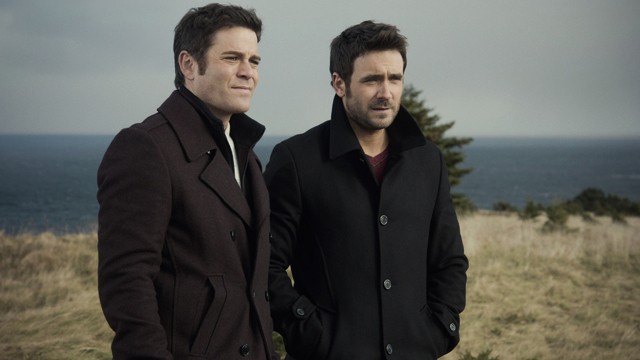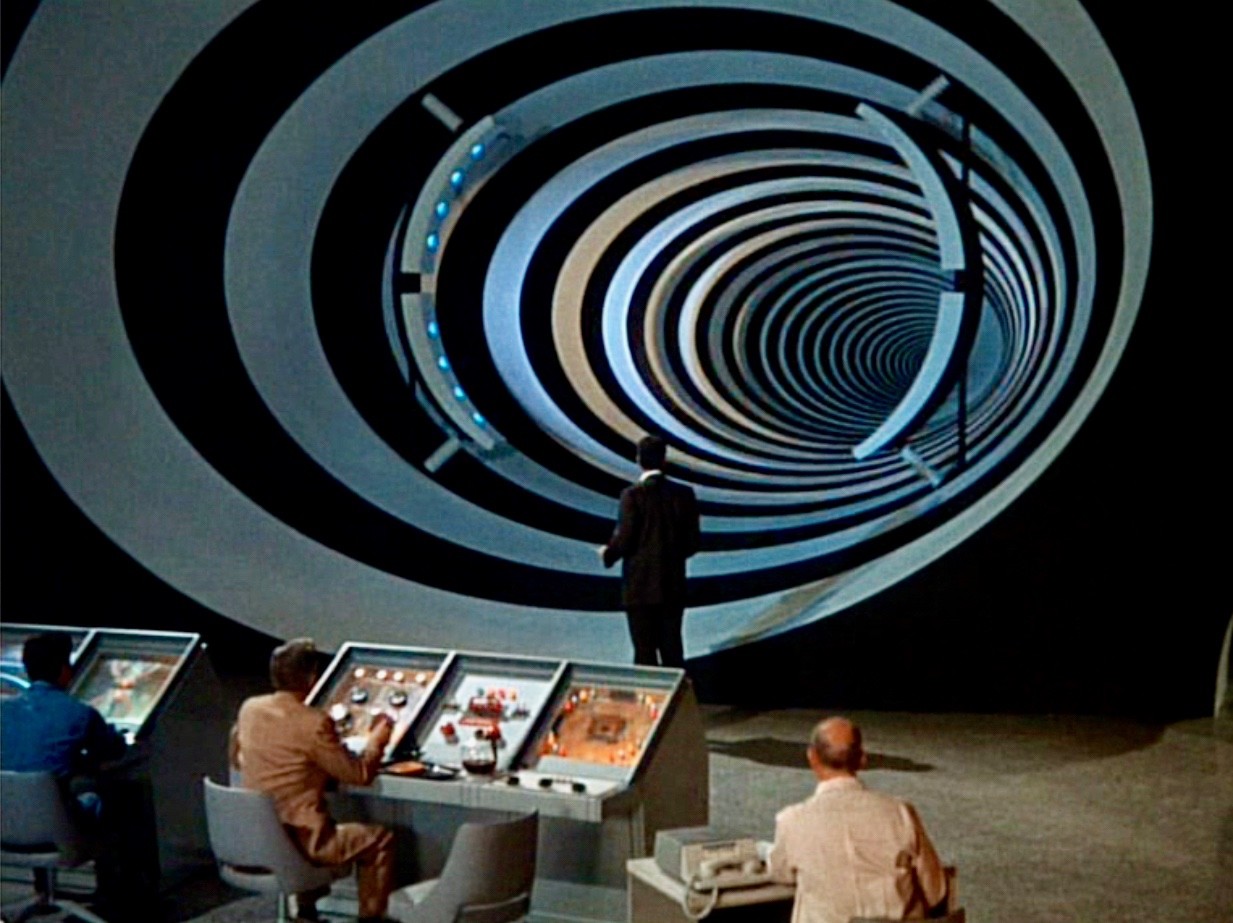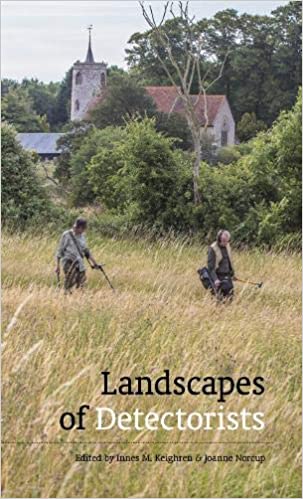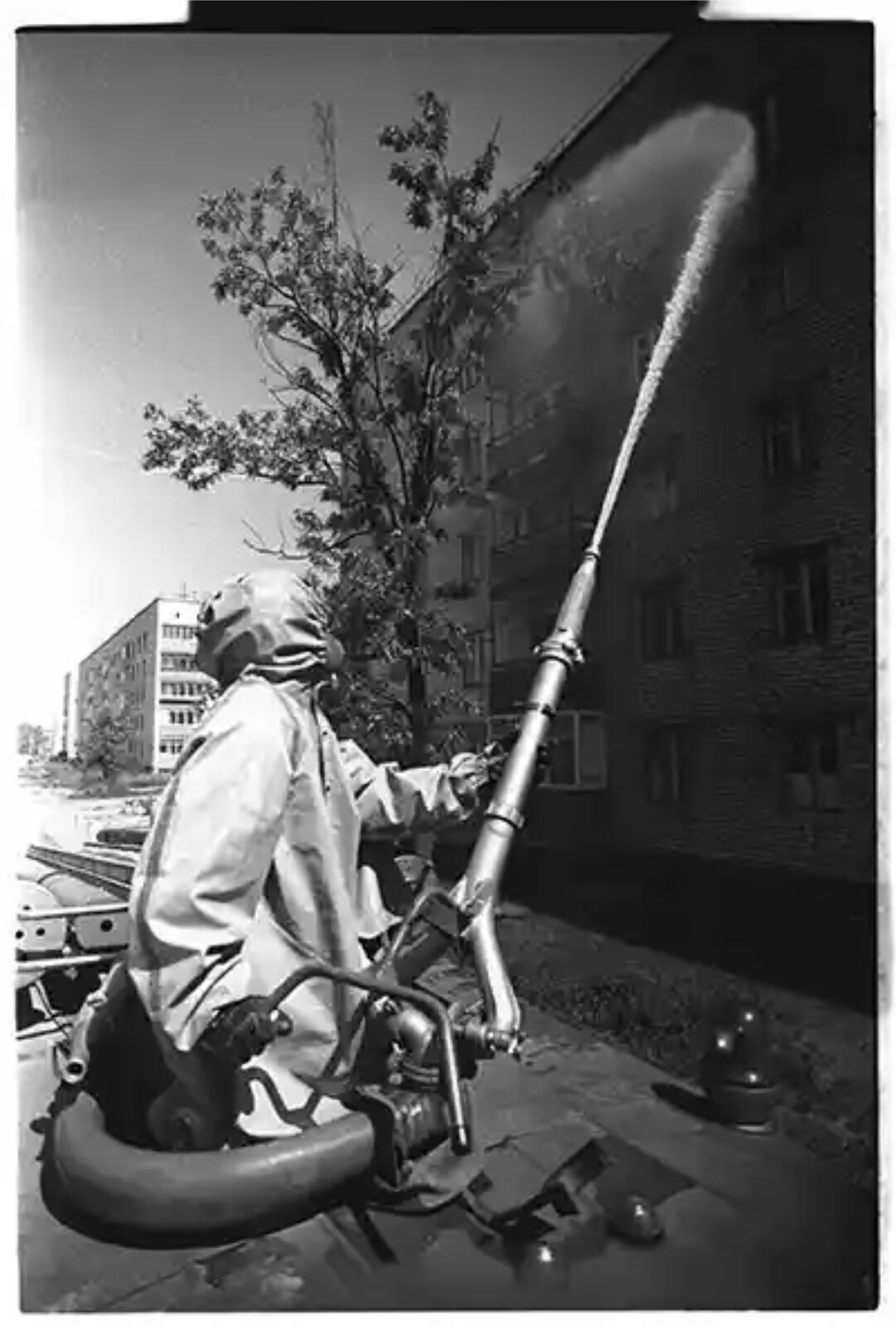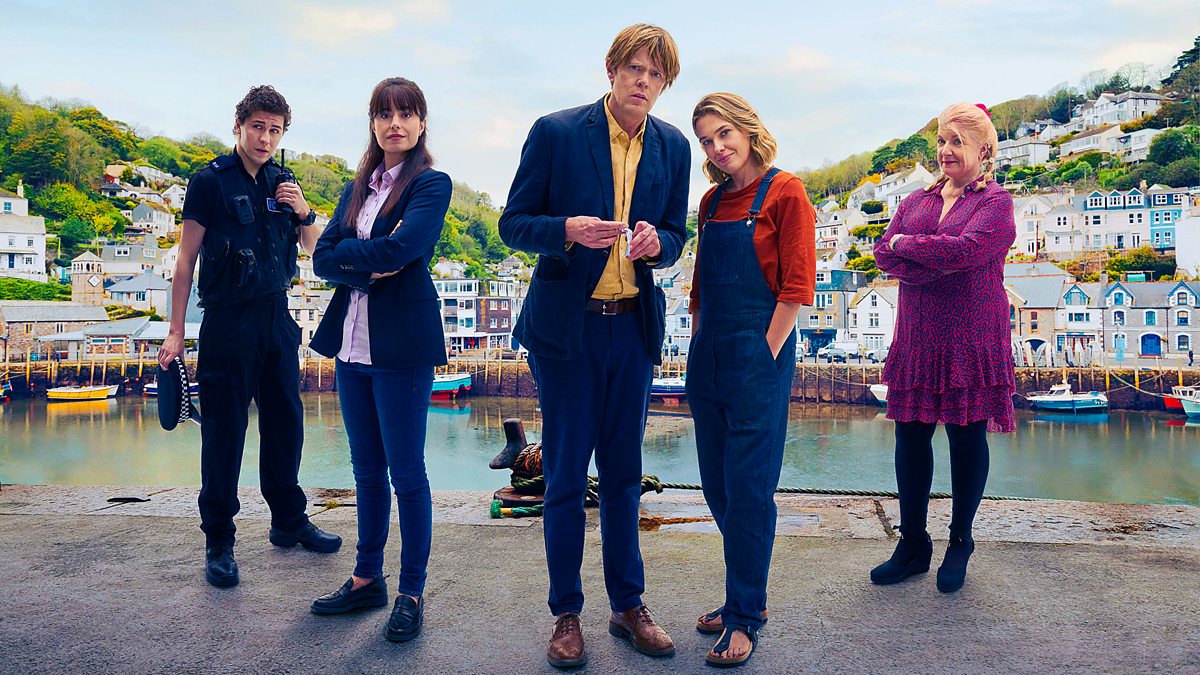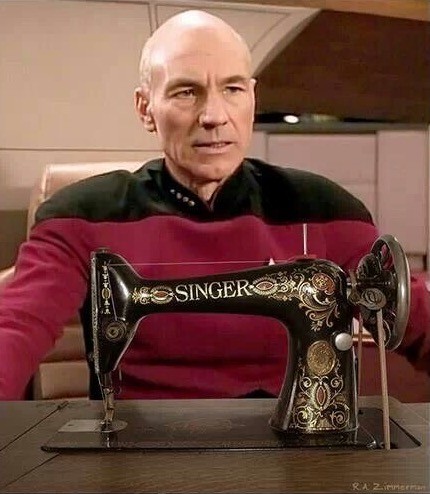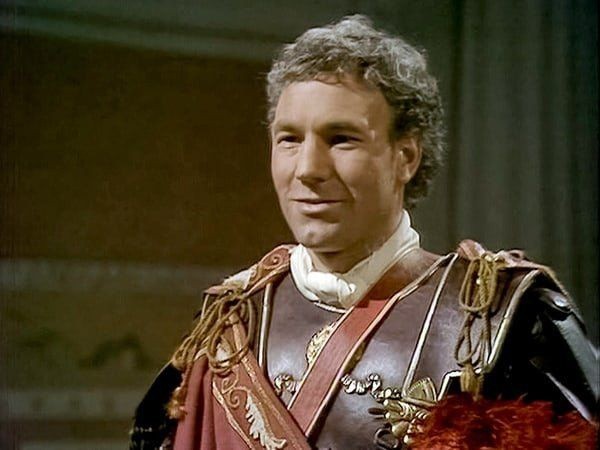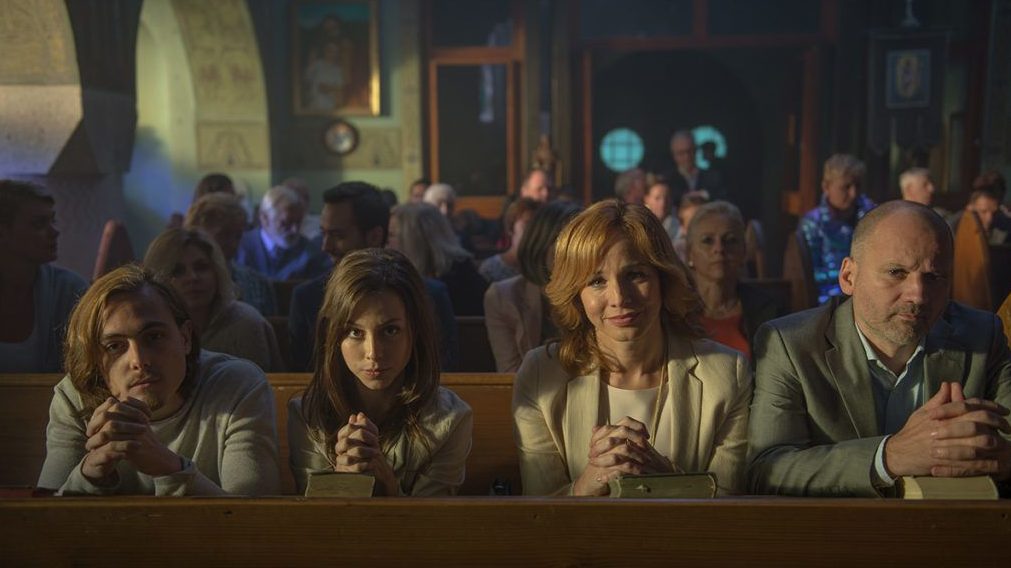
Call for papers website : https://sites.google.com/view/replayingcommunism/symposium/call-for-papers In 1988, on 15 March, a day synonymous with national independence and democracy, over 10,000 Hungarians chanted Sándor Petőfi’s infamous poetic cry – ‘no more shall we be slaves’ – as they formed the largest anti-Government demonstration since the 1956 Revolution.

